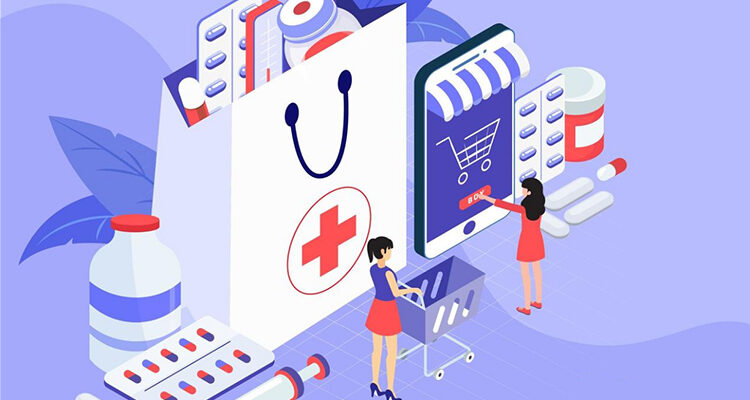
In a world increasingly reliant on digital systems, even essential services like pharmacies are finding that progress comes with its own set of challenges. Recent reports from Russia highlight a significant bottleneck: mandatory online verification for marked medicines colliding head-on with unreliable mobile internet connectivity.
The core of the problem isn`t merely the inconvenience of cashless payments failing. A government mandate, effective since June 1st, requires pharmacies to perform an online check through the “Honest Sign” (Честный знак) tracking system for specific marked pharmaceutical products at the point of sale. This ensures the authenticity and tracks the movement of individual medicine packages.
However, what happens when the online connection vanishes? A local module is available that allows scanning and recording sales data offline, but this module is not a perpetual solution. It operates for a maximum of 72 hours (three days). After this period, the system demands synchronization with the central database. Without a stable internet connection – particularly problematic for pharmacies that rely solely on mobile internet rather than a wired connection – the system locks down, effectively blocking the sale of marked medicines.
This has created considerable headaches for pharmacists, sometimes referred to as “first table workers.” Reports from cities like Nizhny Novgorod, which experienced mobile internet disruptions for two weeks, and Tula, facing outages for three weeks, illustrate the severity. For pharmacies in these areas lacking alternative connectivity, selling essential drugs simply became impossible after the three-day offline grace period expired. This isn`t just an inconvenience for customers; it can lead to errors and deviations recorded in the pharmacy`s Honest Sign account, potentially exposing them to sanctions.
The system operator, the Center for the Development of Advanced Technologies (CRPT), acknowledges the situation but states that the marking system itself “does not affect sales, it simply works within existing processes.” They note that since June 1st, a “permissive online regime” is in effect for medicines. If the cash register doesn`t receive a response from the marking system within 1.5 seconds, it`s supposed to automatically switch to the offline verification mode using the local module. The CRPT also points out that while the installation of this local module wasn`t mandatory until September 1st, pharmacies were technically allowed to sell medicines during internet outages before this date without specifically using the offline check.
Pharmacy chains have adopted different strategies to navigate this digital minefield. The Neofarm network reported that their systems attempt online verification, and if it fails quickly, they register the sale locally, record the code, and send the data later without the immediate online check. They claim this method complies with requirements and avoids customer inconvenience. Another chain, Maxavit, stated they preemptively installed wired internet in all their locations precisely to ensure stable connectivity for instant marking verification and data transfer to Honest Sign, thus avoiding any disruption to their sales.
The situation underscores a classic challenge in rapid digital transformation: implementing stringent online requirements across an infrastructure landscape that may not be uniformly reliable. While the intention behind the Honest Sign system is to enhance control and safety in the pharmaceutical supply chain, its implementation reveals the critical dependency on ubiquitous, stable internet access – a dependency that, when unmet, can ironically impede the very service it aims to regulate.








